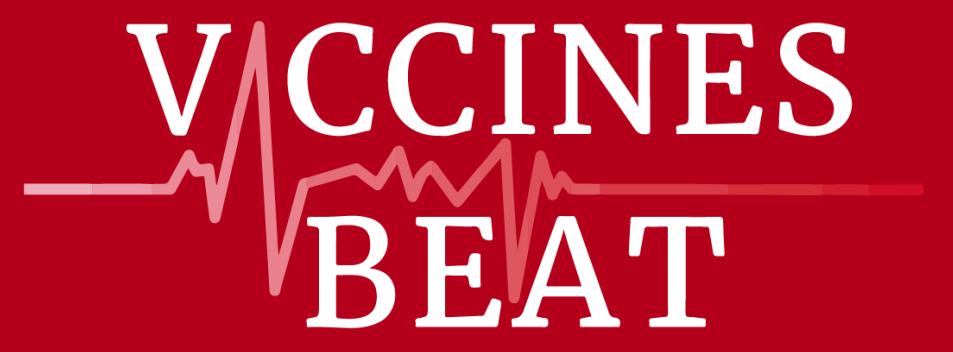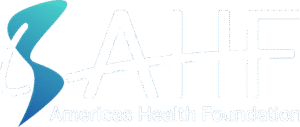HomeGuest Contributors
Guest Contributors
Safeguarding Vaccine Safety: A Snapshot of Pharmacovigilance
Pharmacovigilance in vaccines is the indispensable science and systematic discipline dedicated to detecting, assessing, understanding, and preventing adverse events following immunization, thereby safeguarding unwavering...
Nutritional status and immune response to vaccines
The interaction between nutritional status and systemic immune response has been established for decades. Optimal nutritional status is associated with a better immune response, while conditions that compromise nutritional health contribute to a higher risk of infectious diseases, their clinical course, and prognosis.
Why Immunization Committees Are Essential for Medical Societies
The presence of an Immunization Committee within a specialized medical association is a fundamental pillar to guarantee the quality, relevance and scientific rigor of the recommendations issued in the field of vaccination. Vaccines represent, historically and currently, the most effective and cost-efficient public health intervention for the prevention of infectious diseases, the reduction of complications and the reduction of infant mortality. I
Pertussis in Latin America: Resurgence, Immunization Gaps, and Opportunities for Action
Dr. María Luisa Ávila Agüero. Pediatric Infectious Diseases Specialist, former Minister of Health of Costa Rica, and Past President of the Latin American Society...
COVID-19 Vaccine prevents Multisystem Inflammatory Syndrome (MIS-C)
Rolando Ulloa-Gutierrez, MD. Servicio de Aislamiento, Hospital Nacional de Niños “Dr. Carlos Sáenz Herrera”, Caja Costarricense de Seguro Social (CCSS). Member, Academia Nacional de...
Vaccination as a Pillar of Global Health
By Eduardo Antonio Lara-Pérez, MD. Pediatrician and Pediatric Pulmonologist. Mexican Academy of Pediatrics. Professor, CEO Medical Health Fraternity "Doctors United for Mexico" Introduction The history of...
Neonatal Tetanus in Burkina Faso
Frederic W. Nikiema, MD, Msc
Direction Régionale l'Ouest, Institut de Recherche en Sciences de la Sante
Bobo-Dioulasso, Burkina Faso Introduction Neonatal tetanus (NT), a brutal and preventable killer, continues...
Guardians of tomorrow
by Maria Jose Diaz-Gutierrez, MD and Aileen Chang, MD In a world where infectious threats evolve faster than our responses, the greatest strength of modern medicine...
No Silver Bullets: Why Predictive Models, Vector Control, and Vaccines Must Work Together to Defeat Dengue
by Rebecca C. Christofferson, PhD Dengue virus (DENV) represents one of the most significant hurdles to global health security. Increasingly driven by urbanization, climate change,...
Roles of the Physician in Medicinal Product Innovation
The role of the physician in innovation of new medicinal products and other health and wellness therapies is central. The specific roles and specific tasks for medically trained experts varies across the spectrum of innovation, and it is worth some time to consider these varied functions physicians play. These roles have been described in detail (1).






